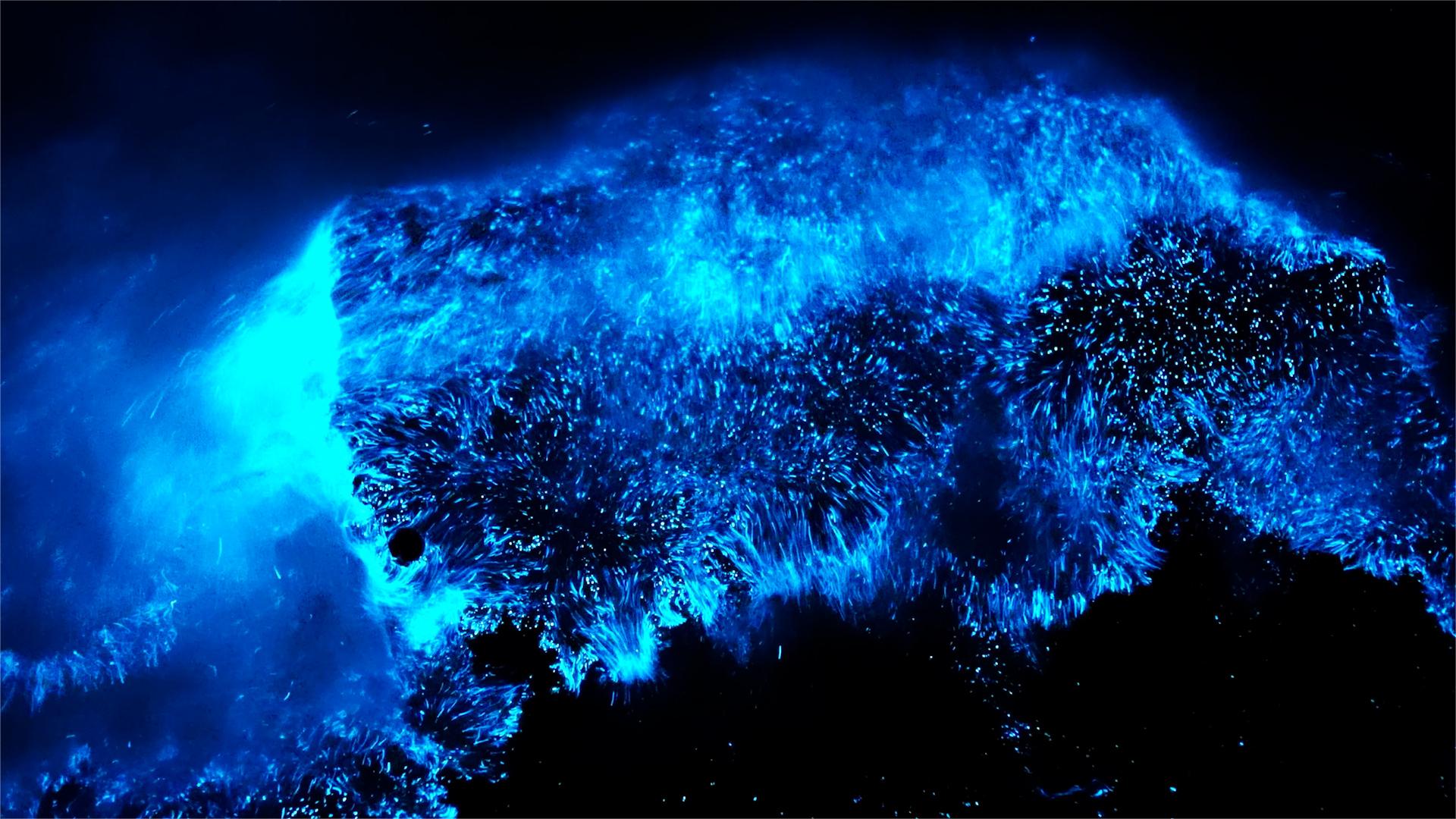Feature: Decoding 45 years of U.S.-China relations: insights from a seasoned U.S. former diplomat
NEW YORK, Jan. 23 (Xinhua) -- The last four and a half decades of China-U.S. diplomatic ties have shown that collaborative efforts between the two largest economies are essential for the well-being of both nations and the global community. This sentiment is echoed by seasoned former U.S. diplomat John Charles Thomson, who served in Beijing from 1978 to 1981.
WATERSHED MOMENT
"It was just a big shock to everyone," said Thomson when he first heard in late 1978 that the United States and China would establish formal diplomatic relations on Jan. 1, 1979.
However, Thomson, then a diplomat in his 30s in Beijing at the U.S. Liaison Office in China, surely knew the day would come.
On Dec. 16, 1978, China and the United States announced a joint communique on establishing diplomatic relations. Before that, the bilateral relationship began to thaw following the famous Ping-Pong Diplomacy of April 1971. Three months later, then U.S. National Security Advisor Henry Kissinger paid a secret visit to Beijing, paving the way for President Richard Nixon's historic visit to China in February 1972.
Before Thomson started his three-year tenure in Beijing, then White House National Security Advisor Zbigniew Brzezinski had just visited Beijing and met with Chinese leader Deng Xiaoping in May 1978. This was an essential step towards establishing full diplomatic relations.
Leonard Woodcock, then chief of the U.S. Liaison Office in China, was authorized to conduct detailed negotiations on normalizing China-U.S. ties with the Chinese side.
On Jan. 1, 1979, Woodcock called a press conference at his residence in Beijing, which Thomson helped organize. Woodcock discussed the negotiations with foreign media reporters on establishing relations between Washington and Beijing.
The announcement of normalizing the relationship was made quickly, and the subsequent preparations for the normalization in a tight timeline left a lasting positive impression on Thomson, a proficient Mandarin speaker.
In the two weeks leading up to the official commencement of full diplomatic relations on Jan. 1, 1979, Thomson and his colleagues achieved a remarkable feat.
They meticulously prepared all the necessary paperwork for a group of 52 Chinese visiting scientists, ensuring their departure on a flight to Washington on Dec. 26, 1978, and initiating a significant education exchange.
This swift action responded to then Chinese Vice Premier Deng Xiaoping's directive to have the first batch of Chinese visiting scholars in the United States before Jan. 1, 1979.
On that momentous day, Deng Xiaoping came to Woodcock's residence with a group of senior Chinese officials for a reception. Deng and Woodcock first chatted informally and later made formal remarks.
Thomson stood behind Woodcock and translated for him. His mother watched the event on television. "My mother was so surprised, she shouted joyfully, 'That's my son, that's my son,'" said Thomson.
After Deng delivered his remarks, he shook hands with Woodcock and then left. "And everyone there felt they had witnessed a historical event. It was a watershed moment in our relations that we had officially finally restored diplomatic relations with China, and it was just a great feeling," Thomson said.
EXCITING TIME
"It was an especially exciting time to be there (Beijing)," Thomson said, joyfully recalling the intricate details that unfolded in the wake of the official establishment of bilateral relations.
"Things really started to move and just kept getting faster and faster. Before that, nothing had happened. And that was another big change. Everybody was happy about it," said Thomson.
Thomson and his colleagues had to work from scratch to negotiate treaties and other related work, enabling each side to do business in the other country. On top of that, hosting American delegations eager to visit China swamped them.
"Weeks and months followed, and we had to host weekly delegations from the U.S.. Every department in the U.S. government wanted to come -- Agriculture, NASA, Commerce, NOAA, Geological Survey, etc., and every Congressperson wanted to come to China. This was in addition to U.S. companies and media organizations. It was a busy time," Thomson said.
"Somebody said you could probably have held a quorum of the United States Congress in the Great Hall of the People since there were so many Members of the Congress in China," Thomson recollected with humor.
The U.S. Department of Health, Education, and Welfare (now the Department of Health and Human Services) moved the fastest, according to Thomson. They immediately sent a delegation to China after the signing of the China-U.S. Science and Technology Cooperation Agreement (the S&T Agreement) on Jan. 1, 1979, and worked with their Chinese counterparts to create the first protocol on health cooperation.
The S&T Agreement was the first accord between the two countries signed after establishing diplomatic ties. The U.S. Department of State sought a six-month extension to the pact in August 2023. The move aimed to allow for negotiations of updated provisions for the Agreement.
THE NEED TO COOPERATE
The meeting between President Xi Jinping and President Joe Biden in San Francisco in November 2023 "was very helpful. It was not just appearances. It showed that two countries could have a dialogue, that we need to cooperate," Thomson said.
The summit on the sidelines of the 30th Asia-Pacific Economic Cooperation (APEC) Leaders' Meeting established over 20 deliverables spanning diplomacy, people-to-people exchanges, global governance, and military security.
The two leaders agreed on drug control and resuming the military hotline. Thomson said, "Those are significant things. They are the start and an important start. We can build on that, whether it is a global issue like tackling climate change or negotiating to get the tariffs down between two countries."
Thomson, who has over 35 years of experience in China-related work, bets on China's prospects. "I still think people want to do business with China. And people would like to make a career out of it."
He is optimistic China and the United States can work together for the benefit of the world and the two countries despite the ups and downs of the past 45 years.
"The largest two economies have to work together; you've got to cooperate, whether you want to or not," said Thomson.
"It's inescapable. You have to do it. You may not like it, but you have to do it. Many people have an antipathy or a dislike of China, or they feel that China's not behaving as we like. We don't decide how China will behave. It's a strong country now. You've got to accommodate it," said Thomson.
"It doesn't matter if it's the South China Sea, or Taiwan, or anything else. These are Chinese interests, and you have to take them into account, and all the huffing, puffing, and big talk will not change things," he said. "You work where you can, oppose what you have to, cooperate where you can, and if we can keep that attitude, I think relations could get better."
Citing Xi's speech at the San Francisco summit, Thomson said it "clearly explains that there are fundamental differences" between the two countries.
"As Xi said, there are different histories, cultures, governing systems, and the way you look at problems. He felt that fundamentally, the Chinese people like America and the American people like China, and they're just these problems that have come up," said Thomson. "But underneath it, if we can get past that, we have the basis for a good relationship."
"Americans should realize that in some areas, China's ahead of the U.S., and there's much that each side can learn from the other, and bilateral relations would be in better shape," he said.
As a diplomat facilitating the re-establishment of the Fulbright Exchanges program in 1980, Thomson was particularly excited about Xi's announcement of welcoming 50,000 American students to China in the next five years.
"The (San Francisco) visit by Xi Jinping and the statements he made, and the areas for cooperation that he outlined, are very good steps," Thomson concluded.
(Zhang Juan contributed to the story.)
Photos
Related Stories
Copyright © 2024 People's Daily Online. All Rights Reserved.









